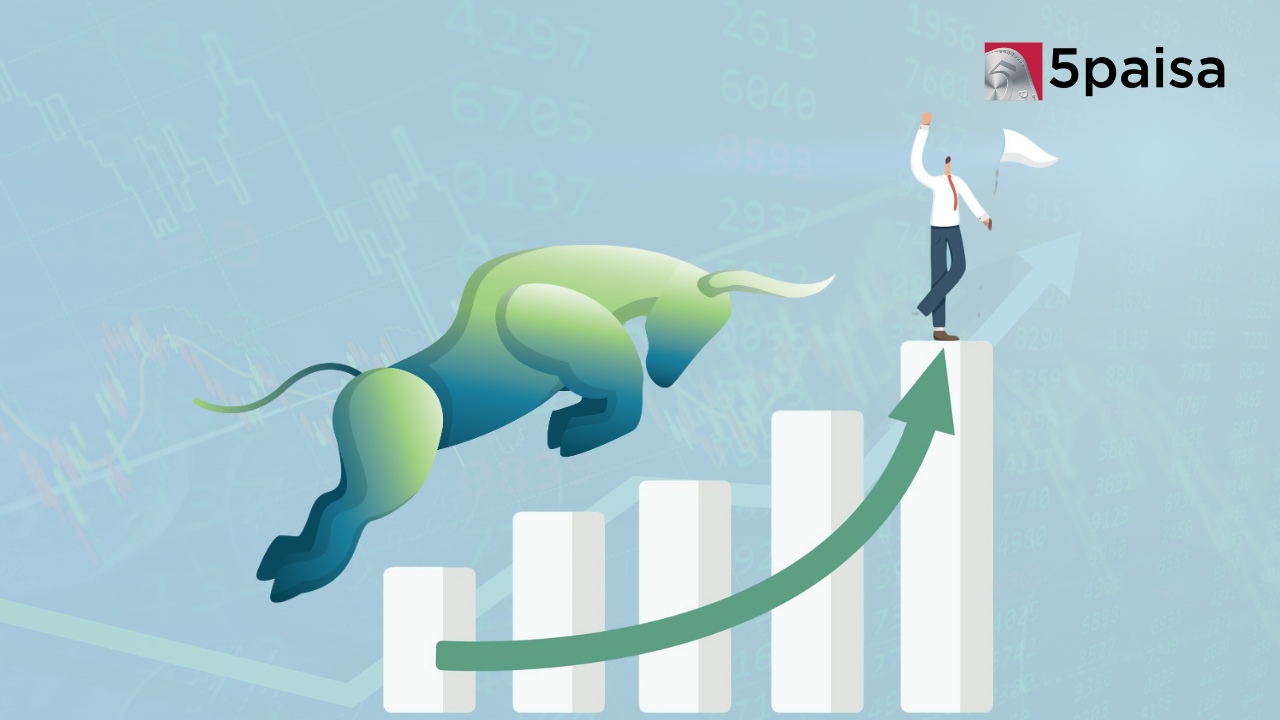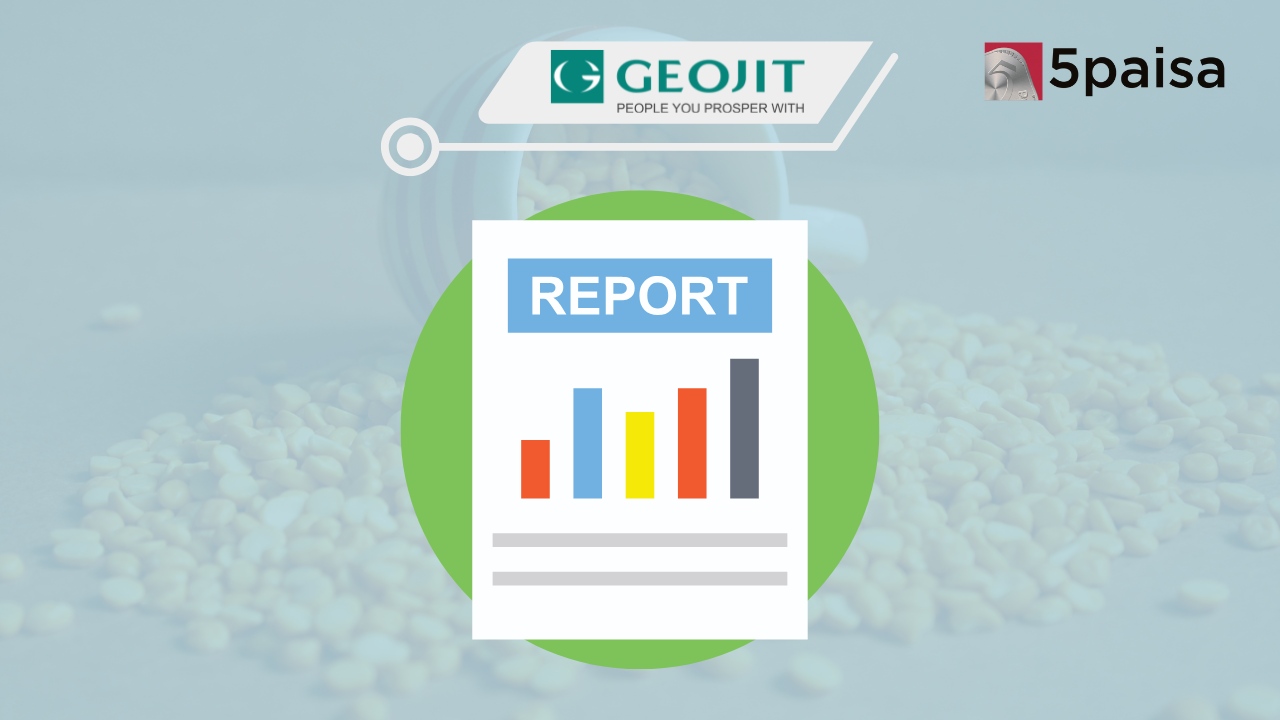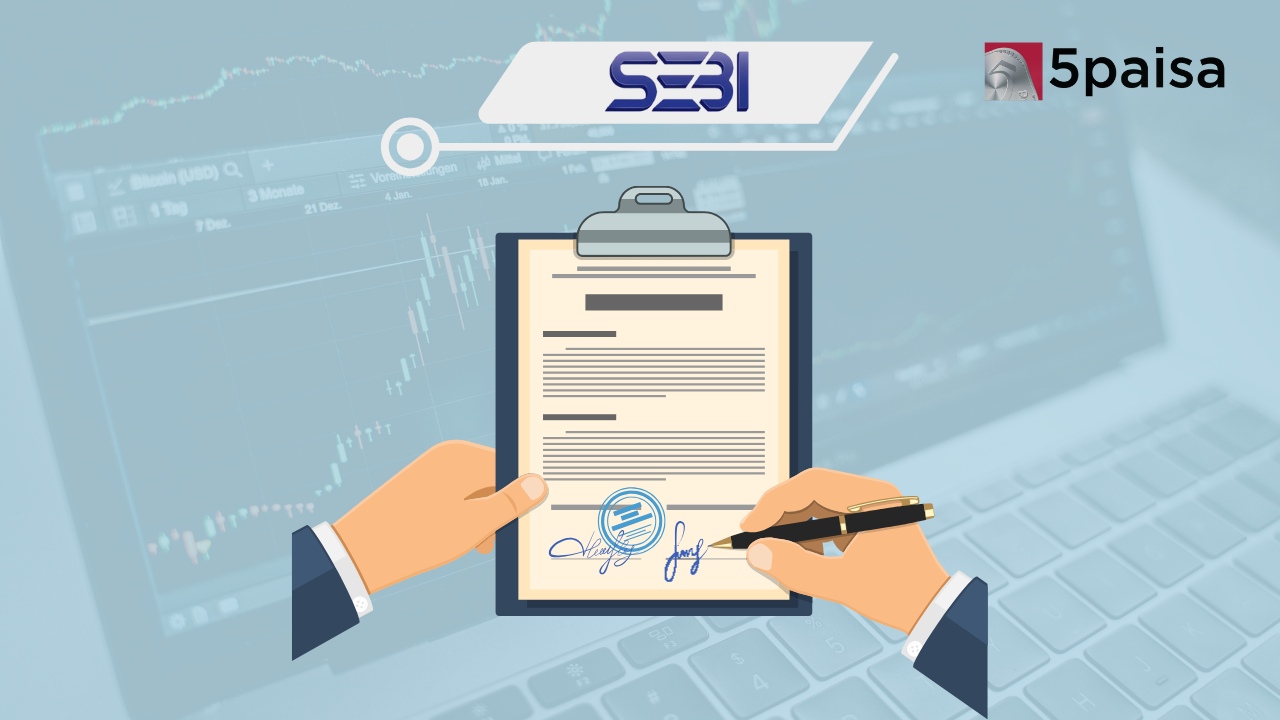Nifty, Sensex Rebound as Heavyweights Lead Market Recovery
RBI issues discussion paper on payment systems

Last Updated: 18th August 2022 - 06:14 pm
If you are still celebrating that UPI payments are free of cost, it may not remain so for too long. The RBI is considering allowing the service providers to charge for UPI transactions also. Unlike, NEFT, IMPS and RTGS, the UPI payment does not require elaborate details about the bank account number, IFSC code etc. All that is required is two UPI Ids mapped to different bank accounts and fund transfers can happen in an instant. It is economical, simple and immediate. The only issue is that it may not remain free for much longer.
As of now, the RBI has not made any announcement. It has only brought out a discussion paper on payment systems and suggested the possibility of allowing tiered user charges on UPI transactions also. Of course, transfers up to a threshold may still be free of cost. However, higher value transactions on UPI may attract a charge. One thing many banks have been complaining to the RBI is that the proliferation of UPI has resulted in the reduction in the usage of NEFT and IMPS and that is hitting the transaction volume of the banks.
In its broad discussion paper on charges in payment systems that the RBI released on 17th August, RBI has sought to streamline the framework of charges for different payment services including UPI (Unified Payment Interface), IMPS (Immediate Payment Service), NEFT (National Electronic Funds Transfer) and RTGS (Real-Time Gross Settlement). This regulation also covers under its ambit other payment mechanisms like credit cards, debit cards as well as other prepaid payment instruments (PPIs), like wallets that have become very popular.
RBI is yet to take a concerted view on this subject and as of now it has only sought feedback from the stakeholders and the public to be submitted before October 03rd to be give along with necessary suggestions in a prescribed format. It may be recollected that currently, there is no cost incurred by users or merchants in the case of payments made through UPI. In the case of IMPS and RTGS, there are already graded charges based on volumes and based on the number of transactions made. RBI will also explore how to charge the MDR.
Further, the RBI will also seek feedback on whether the RBI should decide on the charges or the market forces should be allowed to determine the charges if these are introduced at all. MDR or the Merchant Discount Rate is the rate charged to a merchant for payment processing services on various payment instruments. Now the problem is that there is a cost to providing this service and that is not being recovered from the customers. TO that extent, the banks are going out of pocket.
The major area of feedback is on the pricing of UPI services. Today, UPI has become the most preferred digital payment platform in the country. Each month, there are over 6 billion UPI transactions that are put through and the overall value of such UPI transactions is to the tune of Rs10 trillion. The zero-charge framework for UPI was mooted in 2020, but the RBI feels that the conditions may be ripe for charging for these services, so as to at least cover the cost entailed to the players.
There are also some question that RBI has raised pertaining to debit cards. RBI has asked if the interchange fee, a component of MDR paid to the issuer by the acquirer, can and should be regulated. The negotiation can happen between the acquirer and the merchant. The second important issue flagged by the RBI is whether transactions done using a debit card should be treated as akin to a normal funds transfer payment transaction with deferred net settlement. Hence, should the charges also be the same? It should give a lot of clarity.
- Flat ₹20 Brokerage
- Next-gen Trading
- Advance Charting
- Actionable Ideas
Trending on 5paisa
Indian Market Related Articles
Disclaimer: Investment in securities market are subject to market risks, read all the related documents carefully before investing. For detailed disclaimer please Click here.
 5paisa Research Team
5paisa Research Team




